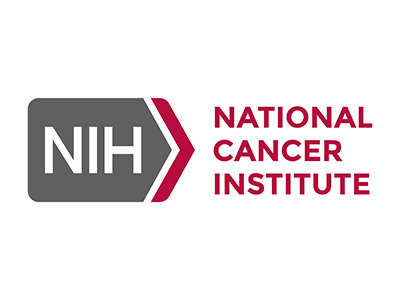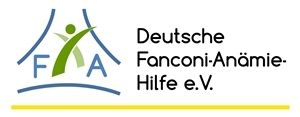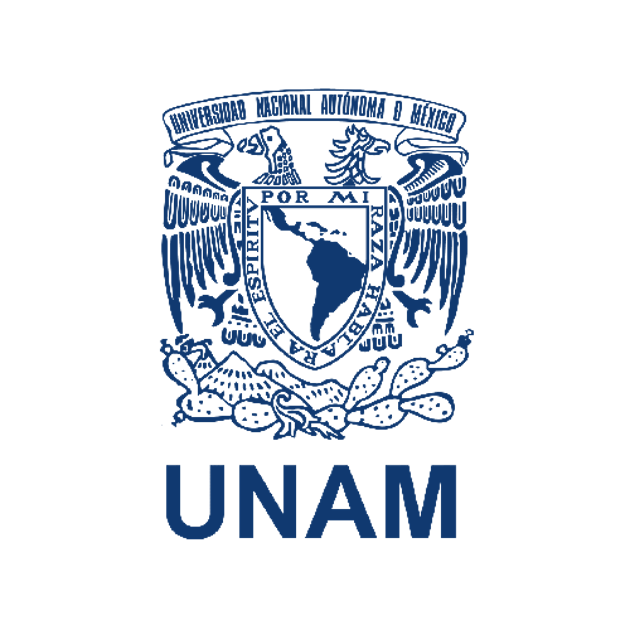Chemoprevention Trial
Testing Chemoprevention Approaches for Oral Cancer
Investigators: Agata Smogorzewska, MD, PhD, and Rachel Uppgaard, DDS
Institutions: Rockefeller University; University of Minnesota
Individuals with FA face a significantly increased risk of head and neck squamous cell carcinoma. Building on discoveries from the Stand Up To Cancer–FCF collaboration, this multi-institution clinical trial will evaluate naproxen and metformin as possible drugs to treat cancer. The study will assess safety and biological markers of cancer prevention and establish a foundation for future trials in FA.
Study details coming soon.














